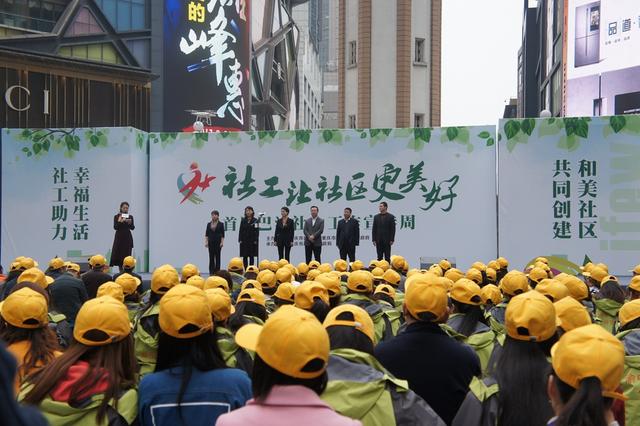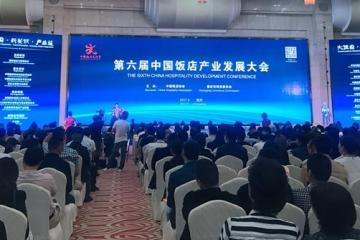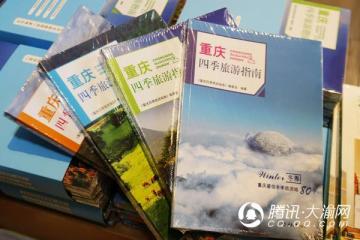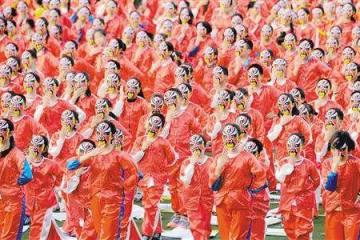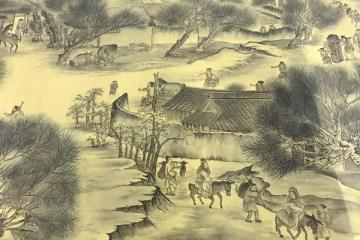ChinesePresidentIssuesDefenceofMulti
来源:搜狐 发布时间:2018-04-15 06:54
Chinese President Issues Defence of Multilateralism, Pledges Economic Reforms
Chinese President Xi Jinping laid out an agenda of economic measures that touched on trade, investment, and intellectual property rights during a high-profile speech on Tuesday 10 April in Boao, China, while also issuing a defence of the multilateral, rules-based order.
The speech was delivered at the opening ceremony of the Boao Forum, an annual meeting held in the island province of Hainan that had as this year’s theme “An Open and Innovative Asia for a World of Greater Prosperity.” The event traditionally brings together leaders and top officials from across government and the private sectors. While Xi’s speech has dominated headlines, other regional leaders have also addressed the forum this week, including Singaporean Prime Minister Lee Hsien Loong.
Xi’s speech comes at a pivotal juncture in domestic political developments, amid a recent change to the country’s constitution that will allow the Chinese leader the option of remaining president longer than his previous term limit of 2023.
The speech also coincides with a volatile period in international economic policy, including heightened tensions among some of the world’s largest traders.
Xi: China’s globalrole key for growth
After first outlining some of the major developments seen over the past four decades– the period since the country began enacting a series of landmark economic reforms referred to as “socialism with Chinese characteristics” – Xi then defended Beijing’s leading role in safeguarding major multilateral institutions and key regional initiatives of financial significance.
“China has demonstrated its role as a big country in its opening to the outside world.It has gone from introduction to going global, from joining the World Trade Organization to building the ‘Belt and Road,’ and has made significant contributions to coping with the Asian financial crisis and the international financial crisis. It has contributed to the world’s economic growth for many years in a row,” said Xi, according to an informal translation of his remarks.
He also flagged development as a top priority for his government, along with deepening economic ties with other nations.
One of the statements which drew the most notice from trade watchers and media pundits was Xi’s repeated pledge that China would “not engage in a zero-sum game” with “the rest of the world,” without referring to any country or country groups directly. Xi also said that his country would “not engage in power bullying.”
The Chinese leader also highlighted the role that international steering groups, such as the G20 coalition of major advanced and emerging economies, could play going forward. The G20 is now reaching a key milestone, namely the 10-year anniversary since the dawn of the global financial crisis, which prompted the group to undergo a massive transition and begin leaders’ level meetings to improve its coordination efforts and shore up the global economy.
Xi also noted the value of the Asia-Pacific Economic Cooperation (APEC) forum as a model for cooperation, referring to the 21-country regional grouping which has looked to boost intra-regional trade, investment, and economic growth, and eventually craft a Free Trade Area of the Asia-Pacific (FTAAP). That shared goal is one that China has advocated for repeatedly since it was first raised12 years ago. APEC members have conducted a “strategic study” on the possible trade deal and have pledged to continue work towards reaching this objective.
Xi also called for ensuring the protection of the multilateral trading system and promoting “economic globalisation toward more open, inclusive, balanced, and win-win development” while also looking ahead to the future evolutions of the technological and business landscape.
Other key priorities for Beijing, according to the Chinese leader, include continued efforts towards ensuring a transition towards a low-carbon economy with sustainability and environmental protection at its core, given the importance of safeguarding those resources for future generations.
Trade, intellectual property rights in focus
Xi also outlined four major categories for future reforms, specifically in terms of improving market access; creating an enabling climate for investment; improving the protection of intellectual property rights; and working to scale up China’s imports of foreign-made goods.
The timing of these policy changes was not clear at press time, nor was the scope of some proposed measures, and how trading partners might interpret the moves remains uncertain. However, the tone, timing, and scope of the speech has beenweighed against Xi’s famous speech at the 2017 World Economic Forum AnnualMeeting in Davos, Switzerland, last year, and against the shift in geopolitics seen under the new US administration.
Some of these categories include specific references to automobile goods trade, with the pledge to slash tariffs on imported automobiles and to cut back on existing curbs involving foreign capital shares for that same sector. US President Donald Trump has publicly complained that Beijing imposes tariffs of up to 25 percent on imported cars.
Also on the trade front, Xi indicated that China would continue trying to become aparty to the WTO’s Government Procurement Agreement (GPA), a plurilateral agreement among a subset of WTO members aimed at liberalising access for foreign suppliers to bid for government contracts and establishing a set of related rules.
Beijing has been negotiating to join since 2002, in line with commitments made when it became a WTO member in 2001, and some estimates suggest that bringing the Asianeconomy on board would add billions or even trillions of dollars to theaccord’s value, given China’s massive market.
China has submitted six proposals to join the GPA, with the latest being in December 2014. While GPA parties have welcomed efforts to increase the ambition of eachoffer, several of them have pushed Beijing to expand its coverage further in itsnext submission, including with state-owned enterprises, and to do so shortlyin order for parties to resume negotiations.
Intellectual property rights were also on the agenda, with Xi pledging that China will domore to curb illicit activities, boost law enforcement, and help facilitate cooperation in this field between foreign-owned and domestic firms.
China’s intellectual property rights (IPR) regime has come under heightened international scrutiny over the past month, in light of the US moving towards taking a series of actions to address allegations of forced technologytransfers and other IPR concerns.
The issue has stoked tensions between the two trading giants, both for the subject matter itself and for the US’ use of a “Section 301” investigation from a 1970 sera trade law to do so. (See Bridges Weekly, 22 March 2018)
The planned policy changes drew a public welcome from US President Donald Trump, who wrote on social media site Twitter on Tuesday that he was “very thank fulfor President Xi of China’s kind words on tariffs and automobile barriers…also, his enlightenment on intellectual property and technology transfers. Wewill make great progress together!”
ICTS Dreporting.
重庆新闻摘选




